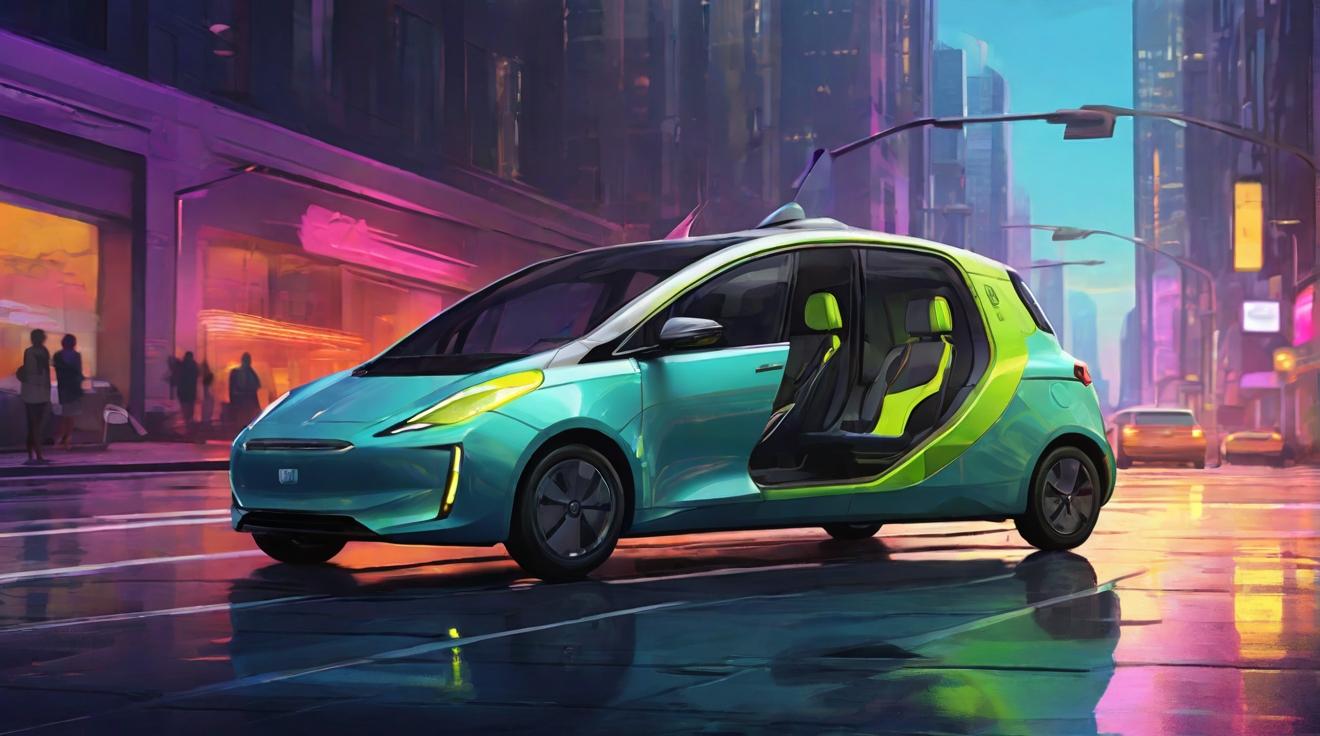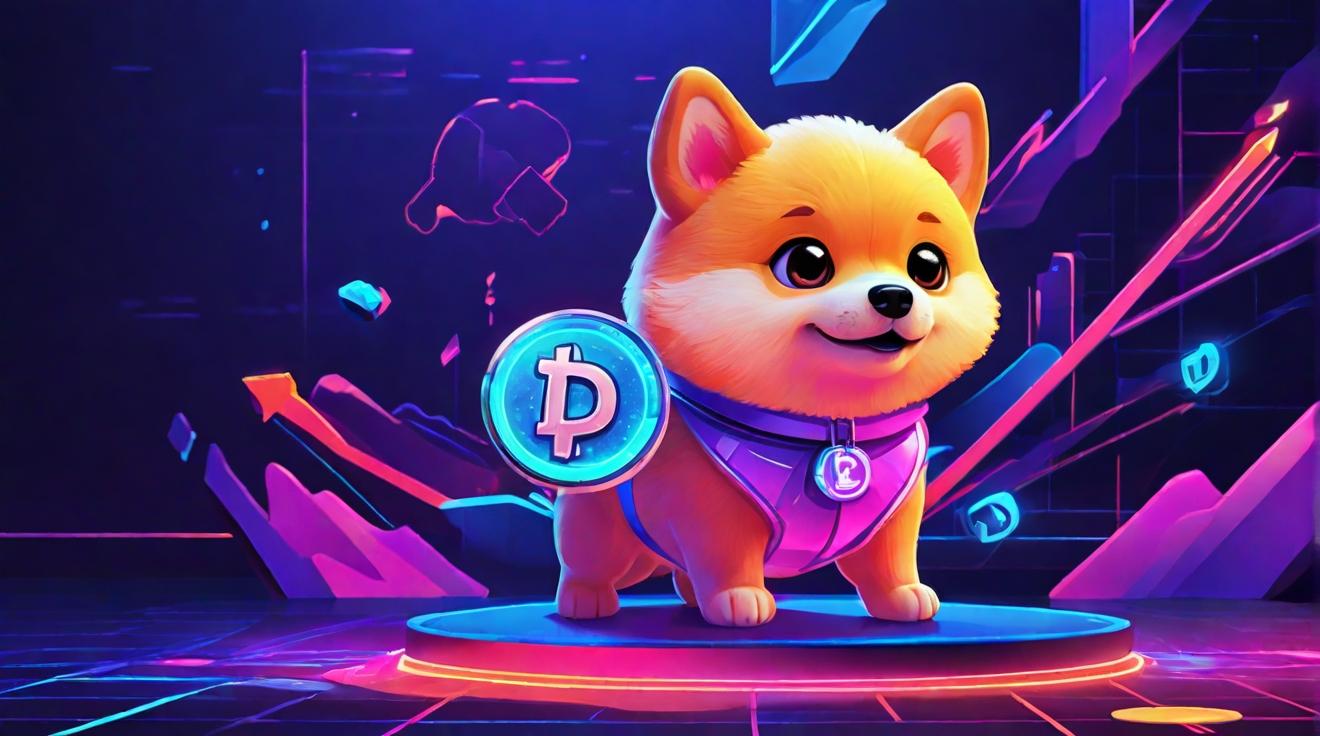Uber vs. Bird: Analyzing the Future of Urban Mobility
In the bustling landscape of urban mobility, two contenders, Uber and Bird, are racing towards dominance, each offering a unique solution to the ever-growing demand for quick and convenient transportation. As cities worldwide continue to evolve, the need for efficient, reliable, and sustainable transport options has never been more critical. This SWOT analysis dives deep into the strengths, weaknesses, opportunities, and threats facing both Uber and Bird, providing insights into the future of urban transportation.
Uber: The Ride-Sharing Titan
Uber, the global leader in ride-sharing, has fundamentally transformed how we think about personal transport. With its ubiquitous presence in cities across the globe, Uber's strengths lie in its extensive network, brand recognition, and technological innovation. The platform's ease of use, coupled with its commitment to safety and customer service, has made it a preferred choice for millions.
However, Uber is not without its challenges. The company faces regulatory hurdles and legal battles in various markets, reflecting the complexities of operating a global transportation network. Additionally, concerns over driver welfare and the environmental impact of vehicle emissions pose significant threats to Uber's long-term sustainability.
Bird: Revolutionizing Urban Travel with Electric Scooters
Bird, a frontrunner in the electric scooter sharing service, offers an eco-friendly alternative to traditional transportation modes. Bird's strengths are its scalability, environmental sustainability, and ability to reduce urban congestion. The company has capitalized on the growing demand for last-mile transportation solutions, providing a service that is both accessible and affordable.
Despite its innovative approach, Bird faces challenges, including safety concerns, vandalism, and regulatory restrictions in certain cities. These issues have led to public scrutiny and have compelled Bird to invest in safety education and partnerships with local governments to secure its position in the market.
Opportunities and Threats: Navigating the Future
The COVID-19 pandemic has reshaped urban mobility, with an increased focus on safety, cleanliness, and social distancing. Both Uber and Bird have an opportunity to capitalize on this shift, by enhancing their health and safety protocols and promoting their services as safe transportation alternatives. Moreover, the rising awareness of climate change presents an opportunity for Bird to further position its electric scooters as the eco-conscious choice for urban commuters.
However, the path forward is fraught with threats, including potential economic downturns, changing consumer behaviors, and the emergence of new competitors. The rise of autonomous vehicles and other technological advancements could also disrupt the current urban mobility landscape, challenging both Uber and Bird to innovate continually.
Conclusion: The Race for Urban Mobility Supremacy
The battle between Uber and Bird highlights the dynamic nature of the urban transportation sector. While Uber offers the convenience and reliability of ride-sharing, Bird provides an eco-friendly alternative that addresses the critical issue of urban congestion. As cities worldwide strive for smarter, cleaner, and more efficient transportation solutions, the strategies adopted by Uber and Bird will undoubtedly influence the future of urban mobility.
In conclusion, understanding the SWOT analysis of Uber and Bird sheds light on the complexities of the urban transportation industry. As both companies navigate their respective challenges and opportunities, their journey will be instrumental in shaping the future of how we move in our cities.













